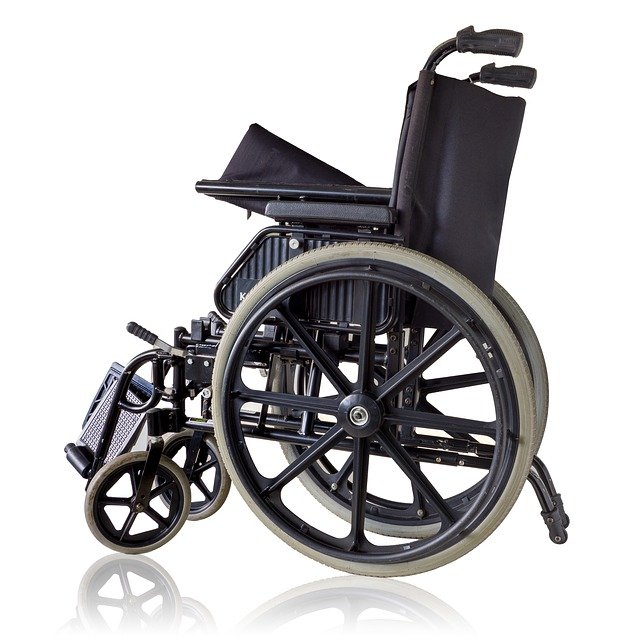A recent investigation by ProPublica examines why for-profit nursing home operator Sentosa Care has become New York’s biggest nursing home group in recent years despite its “record of repeat fines, violations and complaints for deficient care in recent years.” The key reason, according to the report: systemic failures in the state’s review and approval process for people and entities seeking to purchase shares in nursing home facilities.
The investigation opens with a description of a patient at Avalon Gardens Rehabilitation & Health Care Center in Long Island, New York. He was supposed to be released from the center in 2012, when he was instead transferred to a local hospital, suffering from a fever. “when his wife, Jeanne, met him there,” ProPublica reports, “the stench of rotting flesh made it difficult to sit near her husband.” He had come to Avalon with “small wounds on his right foot” from a diabetes-related crisis, but now they had “blackened his entire shin.” Doctors would have to amputate his leg “above the knee.”
Despite the facility’s record of health and safety citations, Avalon Gardens’ owners have spent the last several years increasing their footprint on the state’s nursing homes, “easily clearing regulatory reviews meant to be a check on repeat offenders.” They have passed the “character-and-competence” review required by state law, mandating that other facilities owned by prospective nursing home buyers “must have a record of high-quality care.” As ProPublica notes, approval at the end of that review is granted by a group of state-appointed officials, the Public Health and Health Planning Council, that includes healthcare industry insiders. “The council has substantial leverage to press nursing home applicants to improve quality,” ProPublica observes, “but an examination of dozens of transactions in recent years show that power is seldom used.”

To make matters worse, the Council sometimes lacks a full picture of the facilities under its review, including citations, fines, and other enforcement actions against them. This is a result of the state Department of Health’s failure to fully report all such deficiencies in the recommendations it prepares for the council, in many cases finding that nursing homes have “no repeat violations” even in cases when the home “had been cited multiple times for the same serious deficiency.”
These failures have led nursing home industry critics to argue that the state-led review process “has become a rubber stamp.” In a statement to ProPublica, the director of the Long-Term Community Care Coalition said: “The law establishes mechanisms for at least a moderate review of an applicant’s character and competence… The failure to provide complete information on a provider’s past performance fundamentally undermines the review process.”
More information on SentosaCare, and New York’s flawed process for vetting prospective nursing home buyers, is available via ProPublica.
The attorneys at the Law Offices of Thomas L. Gallivan, PLLC work diligently to protect the rights of nursing home residents. Please contact us to discuss in the event you have a potential case involving neglect or abuse.




